Henry Sia was the airport manager of Etihad Airways in Sydney and later in Abu Dhabi. He was responsible for setting up many of Etihad’s overseas outstations from scratch; some of which he set up in as short as 2 weeks, as the airline was expanding fast.
I first met Henry in Jan 2011 at Sydney Airport, during my initial relocation to the UAE. I had to pay some over baggage fee at the airport counter, but Henry upgraded me by surprise due to overbooking. I was forever grateful of the upgrade. I then went on and flew Etihad’s A340-600 to Abu Dhabi, in First Class for 14 hours.
All the time I am always hoping to meet him again, because of his kindness, as I have heard from a friend at Eithad that he has now moved to Abu Dhabi. In 2018, one night at Abu Dhabi airport, I was walking towards the passport control and we saw each other! It was an amazing and joyful moment, like a reunion! It goes to show that the aviation world is a small one and one which is full of surprises, just waiting for you to discover them.
Henry shared his career story before he left Etihad in December 2020.
How did you start working in the airline industry?
I was born in Malaysia but moved to Australia as a student, to complete my high school and tertiary studies, in my late teens. I ventured into hospitality at tertiary level, majoring in Hotel & Catering Management in Sydney. I started working in the hotel industry (Food & Beverage) with my sights firmly set on aviation.
As a teenager, during my school and tertiary studies, I used to spend my time at airports, watching planes land and take off. When I would travel, I would go to the airport really early and I spent a lot of time at the airport before my flights. I still do that.
I moved into semi-aviation in 1992, with the full breakthrough into aviation coming in 1995. As they say, the rest is history; for 28 1/2 years.
Walk me through your career progression
I started at management level, for a subsidiary company; but when I moved to the airline, I had to start again at entry level. In what one might call “a U turn career path” I had to work my way back up to management level, to Station Manager and then to Regional Manager level, for Royal Brunei Airlines. The airline gave me a lot of opportunities to help me grow and develop.
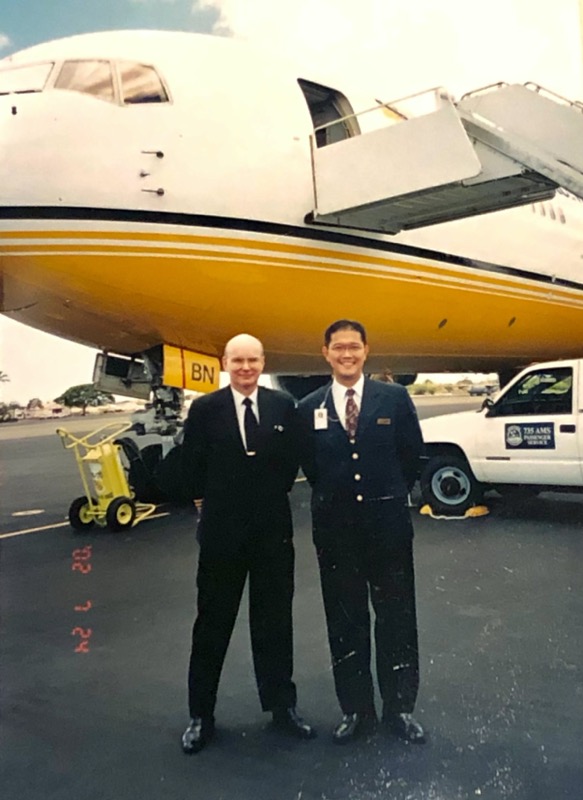
I worked for Royal Brunei Airlines for over 16 years, with responsibilities for the entire airport operations in Australia and New Zealand (based in Brunei, Perth, Brisbane and then Sydney) including scheduled flights to Auckland, Brisbane, Darwin, Perth and Sydney. I also had the added responsibility of managing His Majesty The Sultan of Brunei flight’s, when they flew to Australia; I left after a very fruitful career with them, to join Etihad Airways based in Sydney as an Airport Manager.
During my tenure with Etihad Airways, the opportunities that were provided to me were again beyond what I would have ever imagined. Apart from Sydney, I had opportunities to live and work in other parts of the world; including Melbourne, Brisbane, Nagoya, Tokyo, Kuala Lumpur and in their Hub in Abu Dhabi (I did 2 stints). In additional, London was planned and New York was granted.
All throughout my aviation career, I worked in 17 different airports across 7 different countries; these were: Brunei 🇧🇳, Australia 🇦🇺, New Zealand 🇳🇿, Japan 🇯🇵, United Arab Emirates 🇦🇪, Malaysia 🇲🇾 and the United States 🇺🇸. I became an expert in royalty protocols and airport start-ups, for both scheduled and charter operations.
Tell me a couple special job memories of yours
The most special memories I have and that I can relate to you, albeit not in detail I’m afraid due to confidentiality, were from my time flying on flights on the GD, as part of the crew complement. I got to work onboard and also to work in ground management, learning the other side of the airline business. These experiences were priceless and I guess not many have had the chance to work both on the ground and onboard.
I also had the opportunity to meet actor, entrepreneur and Qantas Ambassador John Travolta, on one of his tours in Australia. It was a an invitation only event and I had the opportunity to tour his B707.
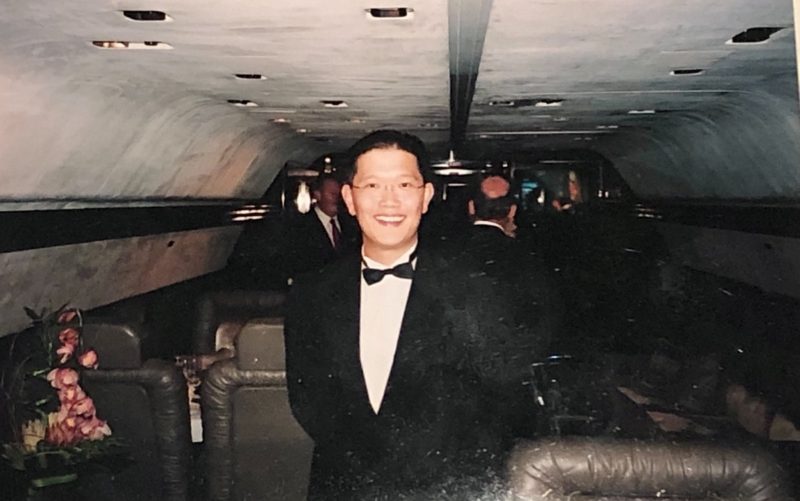
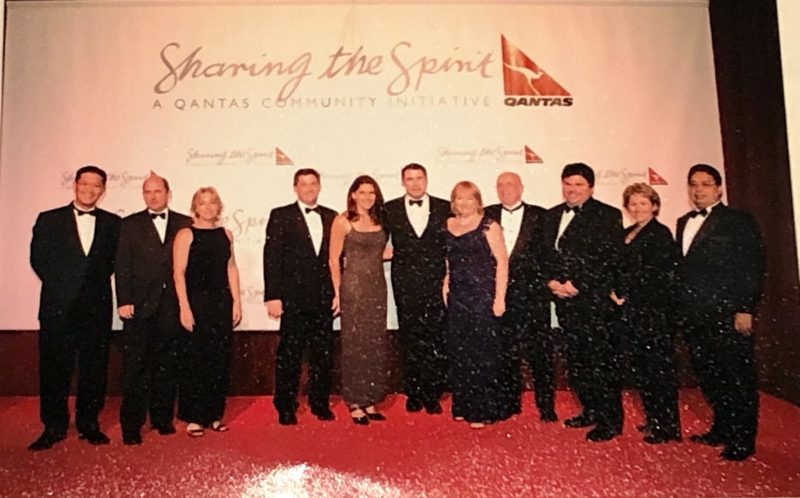
Another chapter of my life from being an Airport Manager, or Regional Airport Manager, was the opportunity to see and develop new (airport) operations. I’ve done numerous start-ups of new operations during my career. The lead time I was given to prepare a fully scheduled start-up ranged from 2 weeks to 3 months.
The toughest lead time I was given was 2 weeks to start up operations in another country. I walked into a bare office with 4 walls. Nothing else.
Strong operational knowledge of airline and airport operations are the key requisites for being able to start-up operations. From the basic fundamentals of training, through to product and systems knowledge, policies, processes and procedures, standards, local and international regulatory and non-regulatory requirements, infrastructure, contractors and 3rd party handling agents to name a few; with safety and security requirements and a strength in communications being at the top of that checklist.
Training is an integral part of the business. Different airlines have different modes of training, ranging from classroom to on-the job training.
The common denominator for all this is the level of understanding by each trainee. For any operation, the success rate is never 100%.
Therefore, to ensure everything is maximised to a wide audience, constant communication, monitoring and testing of compliance in a structured manner is required. This could quite simply be an opened Q&A session, without penalty for any participants, to encourage discussions and seek redress.
I’ve experienced earthquake when I was based in both Nagoya and Tokyo in Japan after the tsunami and felt the after shocks in Nagoya and then Tokyo-Narita. Every day and night, I could hear squeaks at the airports and in my hotel room.
The biggest after shock then, at over 7.5 magnitude occurred when I was in Tokyo (Narita). I was in the hotel and I ran to the door ready to evacuate. When I opened the cupboard, I saw the hangers swaying from left to right; when I turned to look back into the bedroom, the entire building was too!
I had to call our operations centre in UAE immediately and then my then SVP to alert them of the situation. Then called all the team members in Japan to ensure they were all safe.
How do you handle the challenging working environment to ensure on-time departure?
You learn to be very disciplined. Resilient. You must be able to work against time and have the ability to multi-task. Although I’m not ordinarily a multi-tasker, when I was in tough situations I learned to adapt; I changed my management and communication styles to reach the ultimate goals.
One needs to be positive, hands-on, resilient, fair, hard working and professional; with a knack for service delivery and always keeping the ultimate guest experience in mind. You must have strengths in being a people person and also in team work, with the passion to do your best and with belief in yourself. The passengers pays your salary, no matter how much they pay.
How often do you get asked about “Upgrades” at check-in or boarding? How do you respond to such requests?
Almost on a daily basis. I responded in the way that I had been responded to by another airline, when I had an upgradable ticket but had to settle for my seat in Economy Class, – “I’m sorry, not on this occasion” and I would only proceeded to explain if then asked “why?”.
I guess over the years, most of the travelling public have mastered their own way to secure an upgrade. Airlines have their own different policies in carrying out upgrades; so there is no sure fire guaranteed way to secure an upgrade. Most, if not all, airlines have written policies to manage that.
What qualities are required of an airport manager?
A strong desire to deliver the premium guest experience and a knack for customer service is essential. All the time being fair at all levels, maintaining resilience, being self motivated, being hands-on, having commitment and believing in team work.
Being a professional and definitely being a people person. I can’t say any more than that.
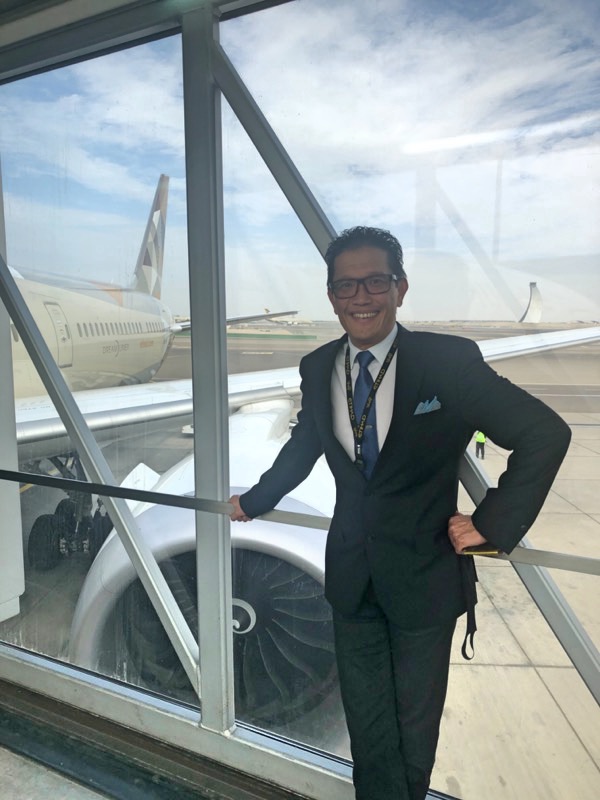
What made you decide to leave your current position?
I’ve been in the industry for over 28 and half years. The time was right for the younger ones to take over and expand their wings. It will be nice to sit back and watch how they succeed; especially when one has developed them and helped them grow.
Henry is now currently enjoying some time off in Australia. We wish you well Henry.

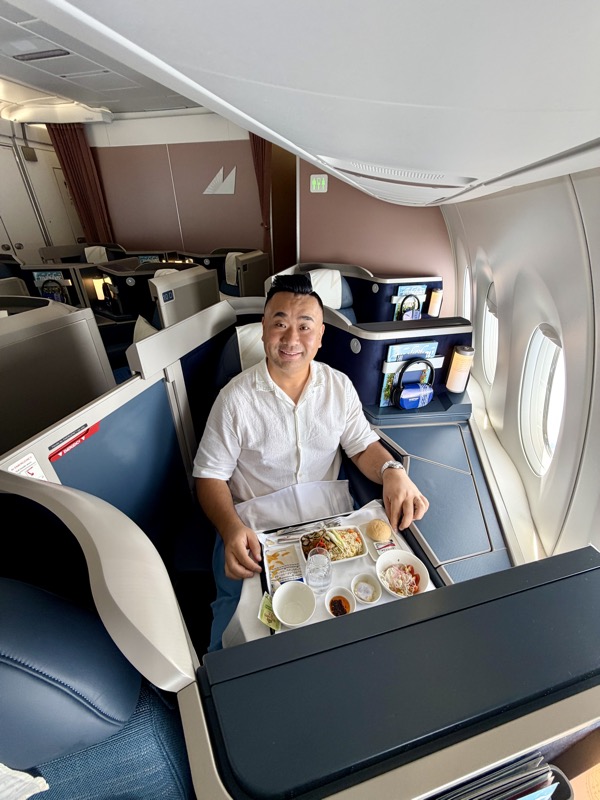
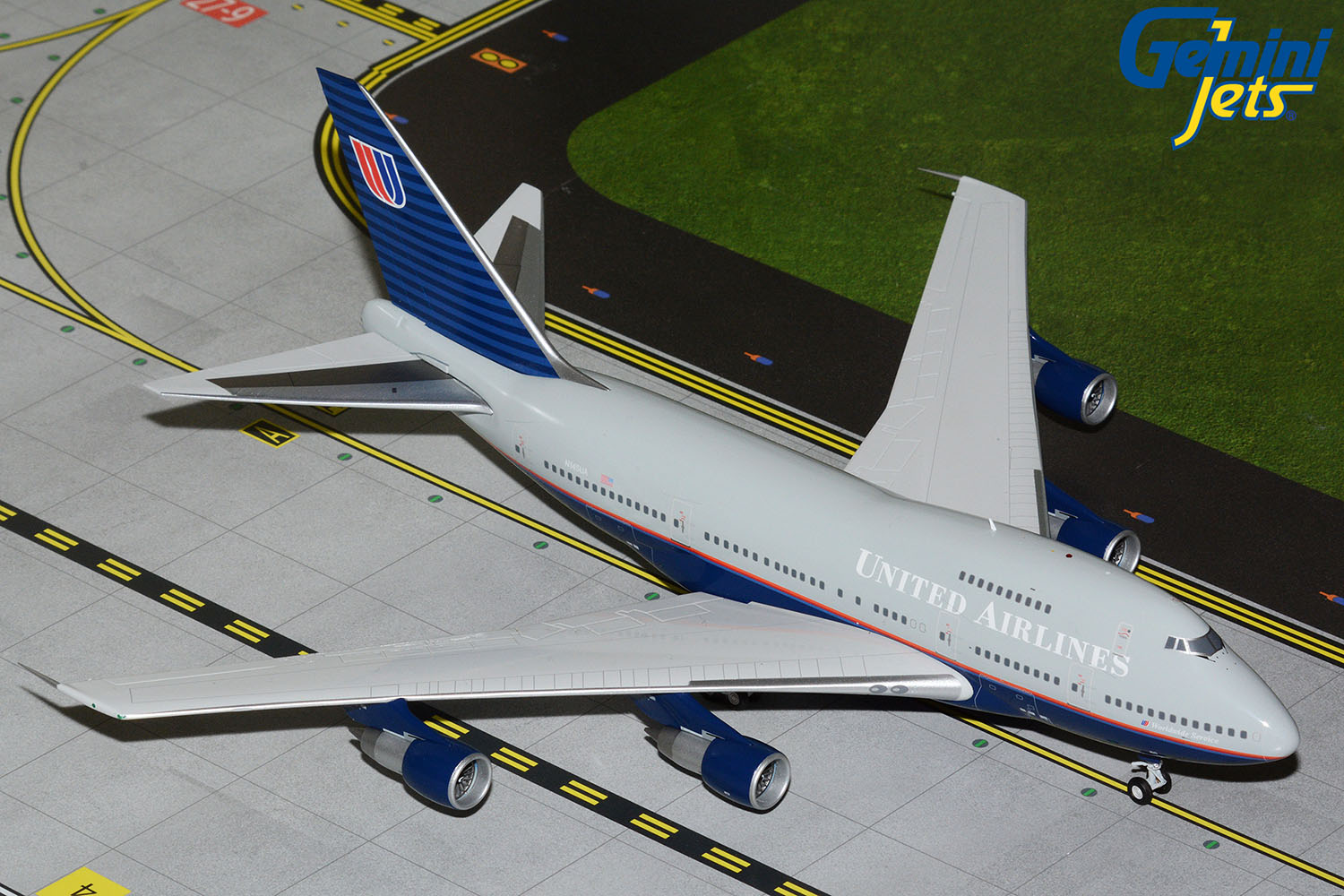
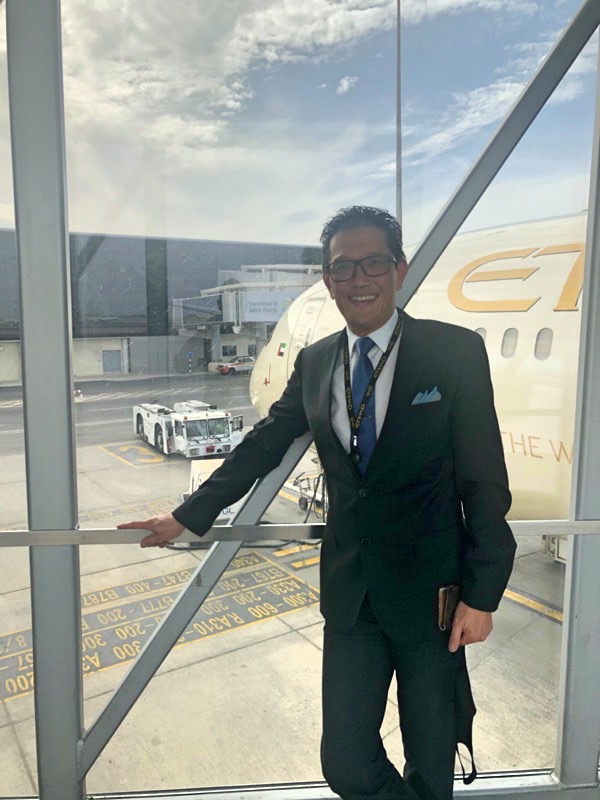
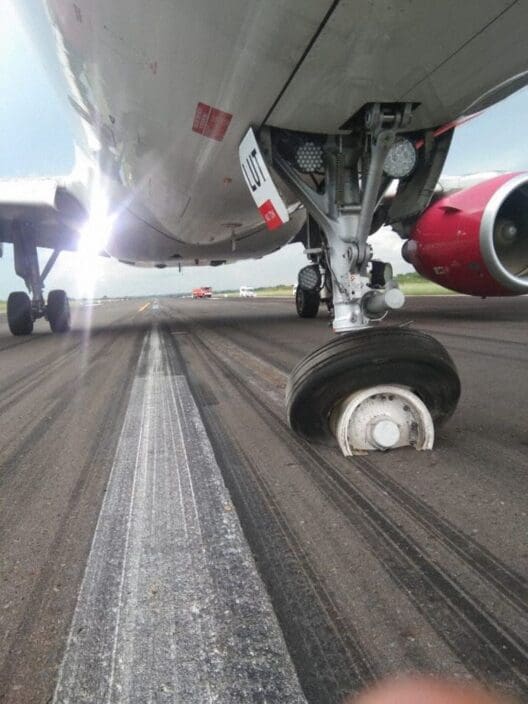
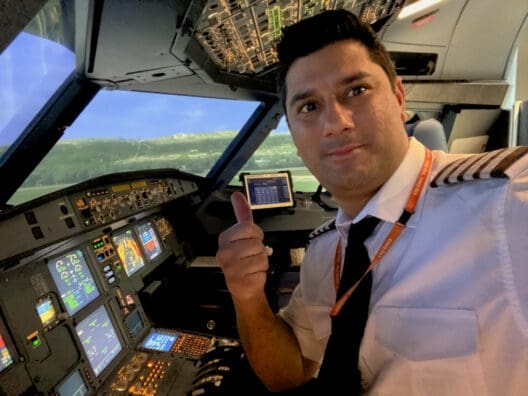
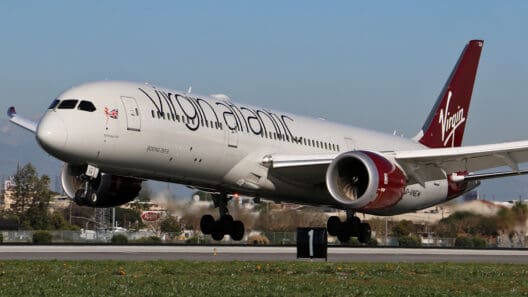
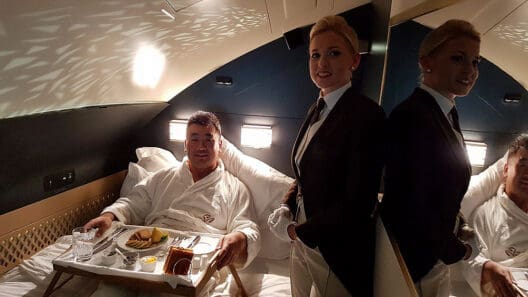
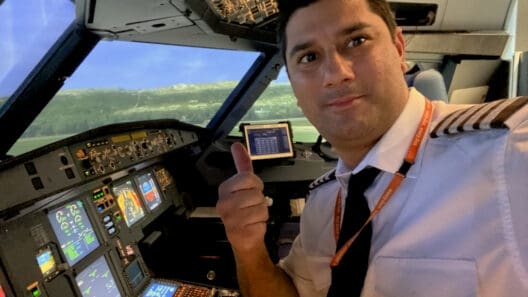
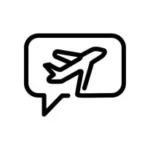

It was an immense pleasure to work with Mr.Henry Sia. Truly an immaculate and jovial personality. I got an opportunity to learn a lot from you with aptnes & a great positive mindset. Wishing you All the very Best for your future.
One of the best, most active, friendly Manager that I’ve ever work with during his tenure with Royal Brunei Airlines under Customer Services Department now currently known as Ground Services Department. His charming attitude was greatly known and admired by the Brunei International Airport community or whoever dine in at the airport restaurant during his tenure with Royal Brunei Catering (RBC) as well.
I wish you Mr. Henry Sia the best of luck on your ongoing future and hope to have a chance in meeting you somewhere.
Henry Nia, familiar and well established name in the Etihad community.
Even in his busy schedule, he would promptly respond to mails and ensured quality even in work.
Was nice to read his interview and wish him a relaxed stress free life ahead much needed.
Suggest he ventures into Aviation management teaching profile in the universities he resides.
Best Regards,
Raman
Etihad Finance
Abudhabi
3years was definitely less to know him and his personality. Very active very very active person … I was shock to see him helping me in small jobs. later i came to know he is terminal manager. What an amazing personality to know him. Best of luck sir.
Mr. Henry will always be the best TERMINAL MANAGER, Working with him in my 6 years of aviation experience has been incredible! A person whose willing to stand side by side with his team.
This MAN is a living legend when it comes to his work! He has all the knowledge to solve each and every problem and shares it to us to LEARN.
I will always remember all the help and wisdom that he shared.
i would like to thank him,i also worked him together in abu dhabi airport in (uae).he is best terminal operation manager…he know very well how to handling airport opertion,he have lots of experience about this fields .we learned from him how to work in team ,how to communicate with people’s and lots of things.
One of the best Terminal Managers I have had the pleasure working with. Had my very first interview with him 9 years ago when I was hired with Etihad. Wish you all the best Henry! We miss you
I had the pleasure to work with mr Henry for almost 7 years , he was a good manager and coach to us , we learned from him how to work under pressure and achieve all the targets possible. ! I wish him a good life !